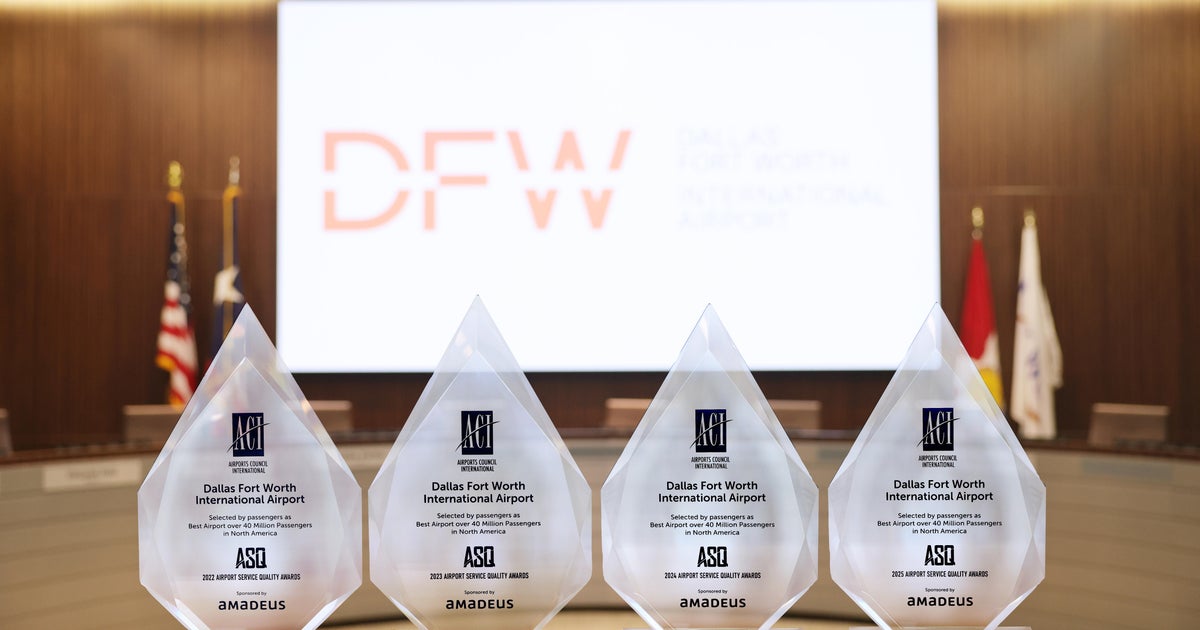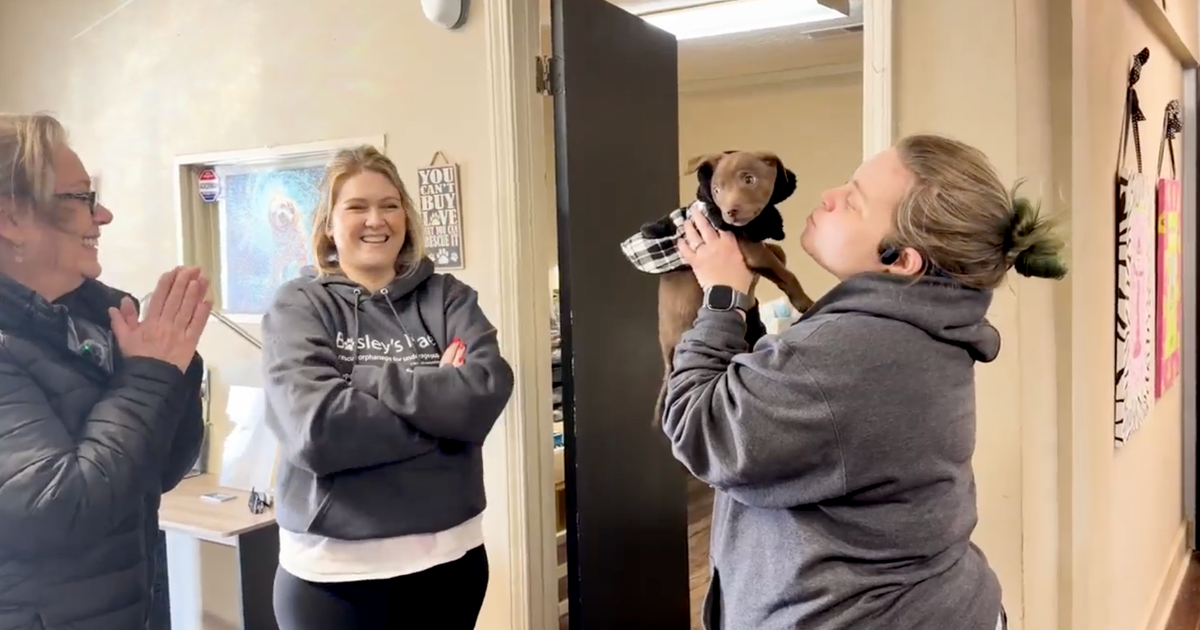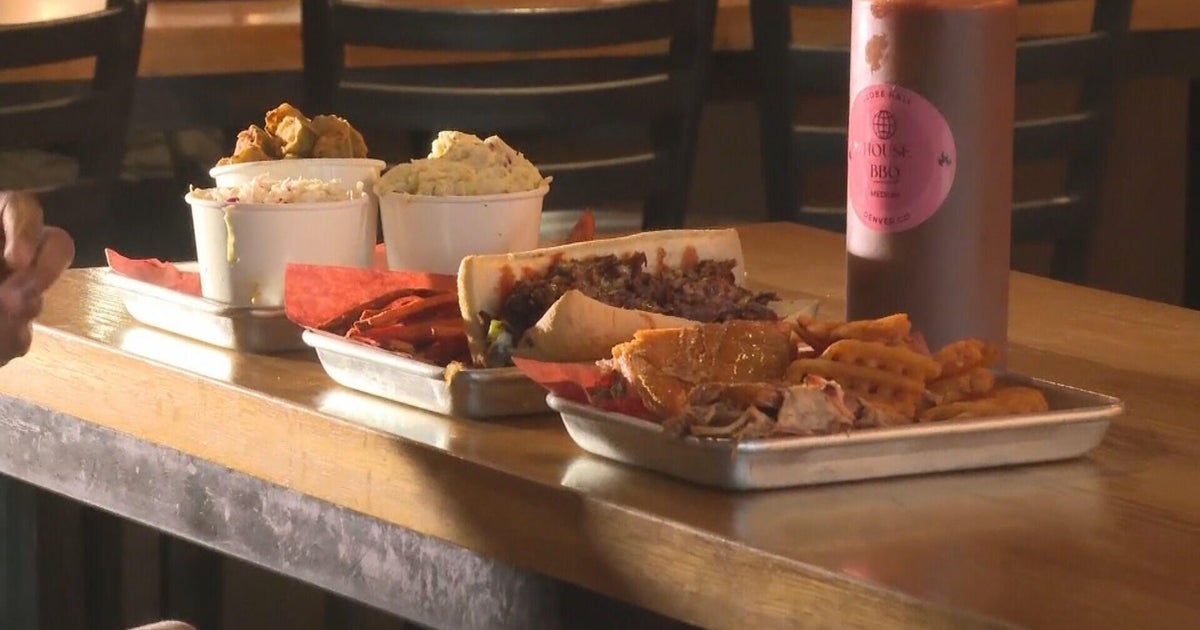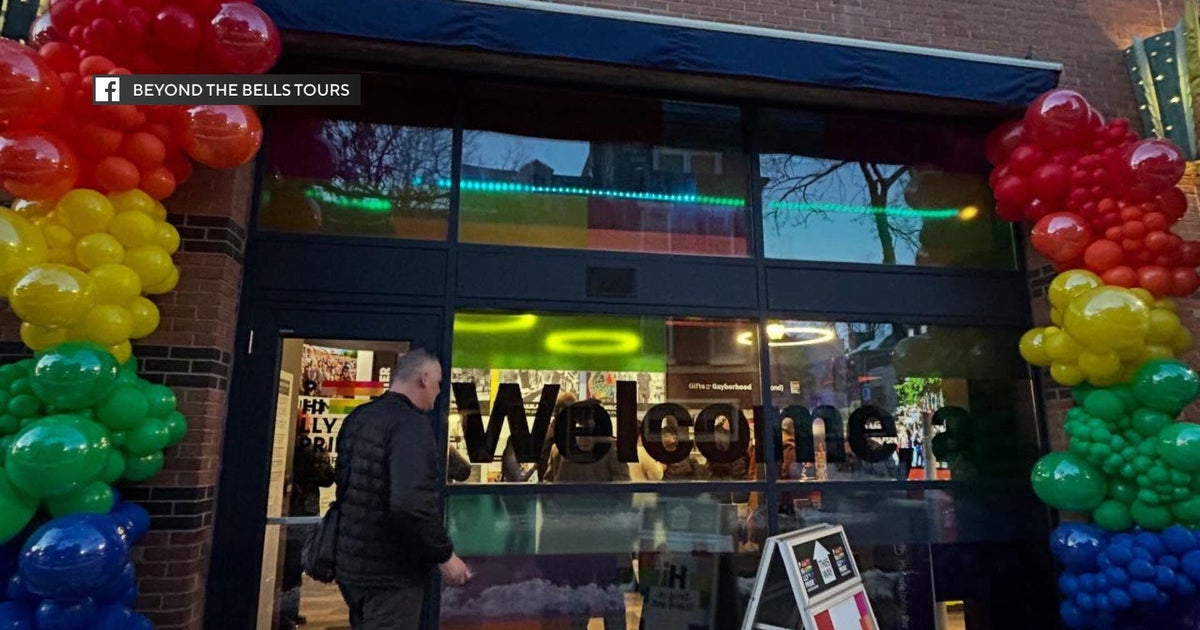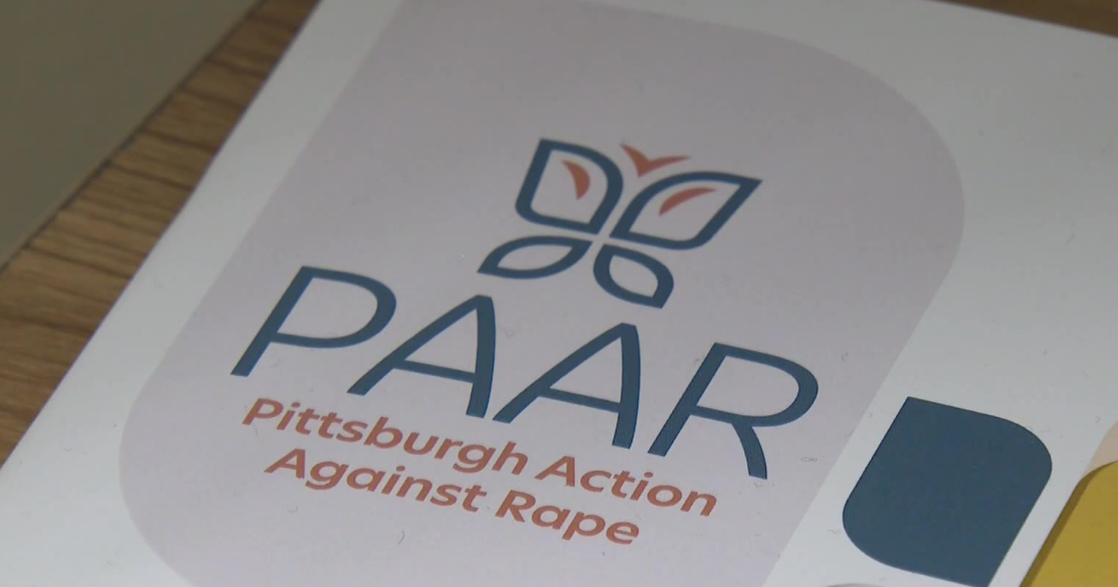Dallas' Vogel Alcove Breaking Cycle Of Poverty Through What Looks Like Playtime
DALLAS (CBSDFW.COM) - The Vogel Alcove is breaking the cycle of homelessness by making it look like kids play, because it is.
Only playtime at the childcare center devoted to serving homeless youth, is actually therapy in disguise, because their young clients' brains, they say, are being rewired through the constant trauma of poverty.
"The brain develops through its experiences," explains Karen Hughes, the Vogel Alcove CEO. "If a child's experiences are all trauma, that brain is going to be wired the wrong way. Research is clear: the first 3 years are critical, if you can change a child's life in the first three years, you can change their life forever."
On Friday, Jan. 28, the nonprofit debuted a new "therapeutic sensory lab" to assist in that effort.
Made possible through a grant from the Santander Consumer USA, Inc. Foundation, the colorful, well outfitted room is one where kids can run and climb and play-- but every movement, brings with it a bigger purpose.
"Putting on socks, climbing walls, in order to then at some point, hold a pencil, so that they're able to write," explains Stephanie McGary, a licensed professional counselor with Vogel Alcove who helped design the program. "So, they may be catching a ball, so throwing and catching it... will help them when it's time for them to learn how to read, be able to track those words on a page."
Developmental pathways that well-resourced, stable families may take for granted.
"Most people when they hear 'homeless', their brain does not come up with the image of an infant or a toddler and a preschool child," says Hughes. "And those are the children that Vogel Alcove has served specifically in this community, for 35 years."
Hughes says they've served some 17,000 children over the decades-- looking to intervene early so that their clients don't come back as adults, with families of their own in crisis. But that intervention has to happen now.
"If we don't catch some of these things in the early years," says Hughes, "the brain will shut down... you don't get another chance; the clock is ticking with us."
Advocates know that breaking the cycle of poverty and homelessness lies in education-- and having every child ready to learn.
"A lot of people when they think about sending their kids to kindergarten or getting ready for school...what is school readiness? Most people think about the ABCs, 123s-- can they write their name do they read before they get to kindergarten?" explains Hughes. "If you talk to kindergarten teachers, what they would tell you is they need the social emotional skills. They can teach them those other things, but they've got to be able to sit in the chair. They've got to be able to focus. They've got to be able to de-escalate their emotions. And if they can't do that in a kindergarten classroom, they're not going to be successful. And so that's why this at an early age is so important."
Using play, with purpose.

